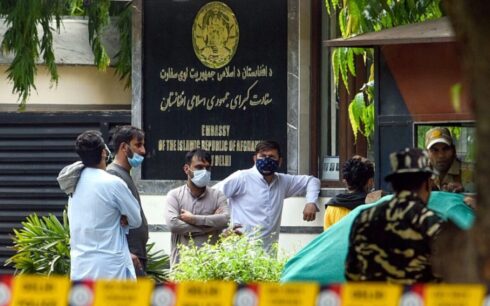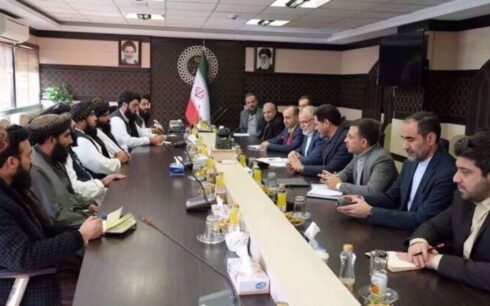The Afghanistan Journalists Center (AFJC) documented 139 incidents of rights violations against media and journalists in its annual report, including 59 arrests of journalists, spanning from March 2023 to March 2024. The report also noted 80 instances of journalists being threatened.
Comparatively, the 1401 solar year (March 2022 to March 2023) saw 237 incidents, including one death, 21 injuries, eight cases of physical violence, 113 threats, and 94 arrests.
The organization highlighted a positive note, stating, “Fortunately, in the last 12 months, there have been no targeted attacks on journalists or any deaths or injuries, which in itself is a positive and hopeful development.”
However, despite a quantitative decrease in violations from 1401 to 1402, the report expressed concerns over the unchanged, if not worsened, quality and structure of these violations. It pointed out the concerning behavior of some high-ranking Taliban officials in various provinces.
The freedom of media and journalists in Afghanistan has significantly deteriorated in the 1402 solar year, facing severe restrictions on their freedoms and rights, with widespread violations reported.
The report detailed an increase in pressure and threats against media and journalists over the past year, driven by Taliban edicts, despite the Public Media Law being in effect. Media directives issued during the year, while not specifying consequences for non-compliance, have led to punitive measures against those who resist, including threats, arrests, and temporary or permanent bans.
Violations were systematically carried out by both the Taliban administration and individual officials in some provinces. Specific incidents included bans on media operations, such as a permanent ban on a joint training course for men and women, temporary shutdowns of five local radio stations, and extended closures of other local media outlets.
Additionally, the report covered the trials and convictions of local radio station managers on criminal charges, further illustrating the challenges faced by the media in Afghanistan.
The AFJC’s findings attribute the suppression of media and freedom of expression to the efforts of the Taliban Intelligence Department and the Ministry of Vice and Virtue, noting their roles in arresting, threatening, and intimidating journalists to enforce media compliance.
Despite the Taliban Ministry of Information and Culture’s efforts to address complaints and violations through a special commission, the report concludes that these efforts have been largely ineffective due to the influence and pressure of Taliban intelligence and the vice and virtue ministry, sometimes even contributing to the rights violations against journalists and media.





